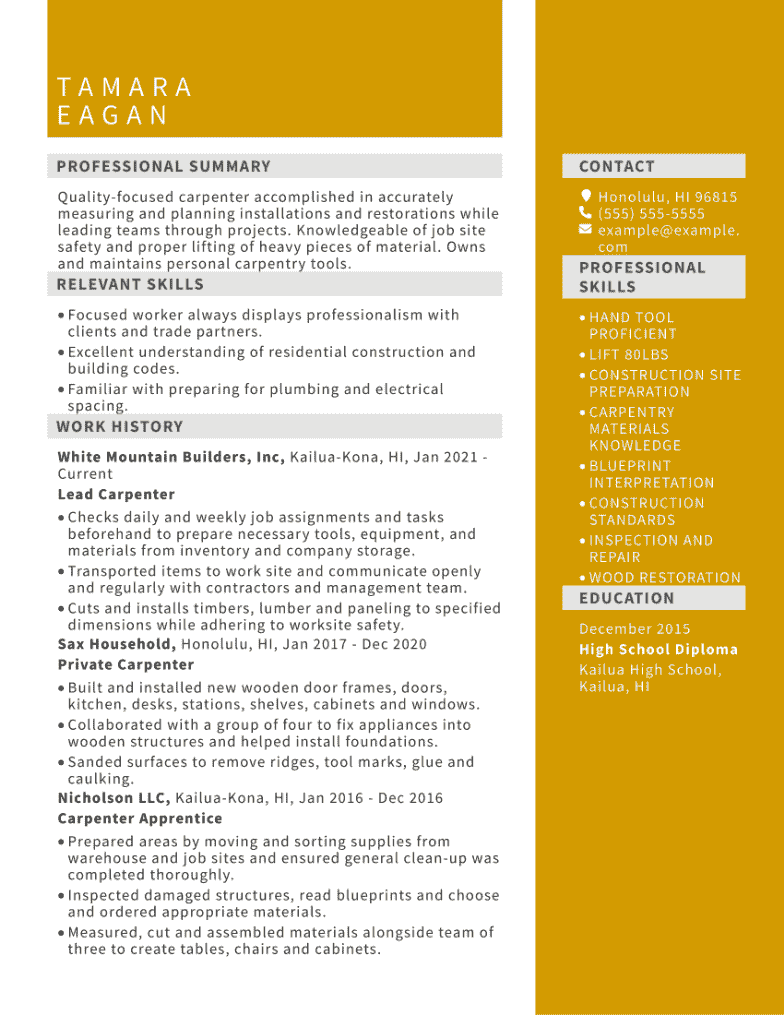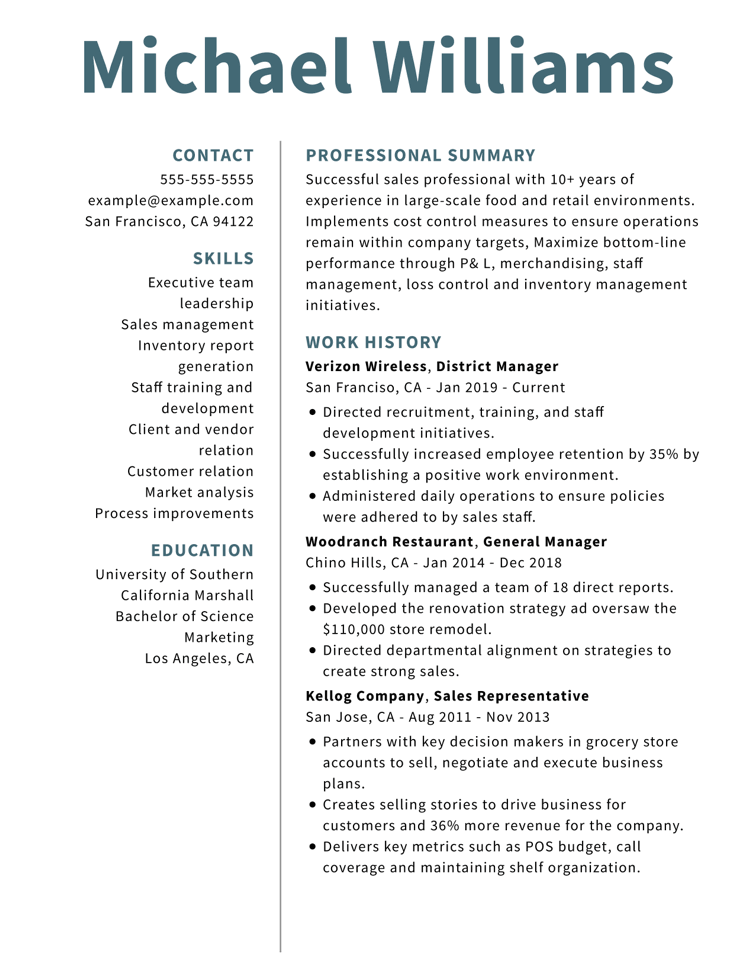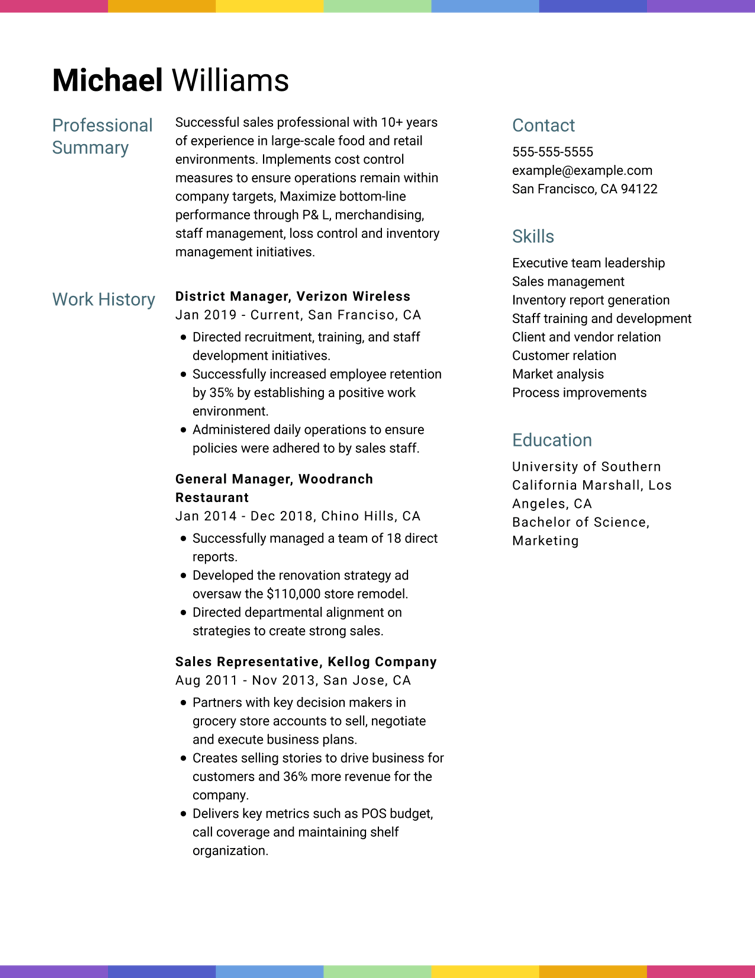Stunning Carpenter CV Examples for You To Use
Carpenters need plenty of knowledge and problem-solving skills. How do you bring those skills to the forefront in a CV?
Carpenters need plenty of knowledge and problem-solving skills. How do you bring those skills to the forefront in a CV?





OUR USERS HAVE BEEN HIRED BY




A carpenter needs to have both creative and technical skills, whether it comes to creating concepts for builds or they’re making other people’s plans come to life. Either way, it’s important that when you go to get a job, you can show off your best skills and history. How can you make sure a hiring manager is more likely to pick you over your peers? Here’s how to create a construction carpenter CV for yourself.
To be a great carpenter, it’s important that you have a strong skill set. Specific skills like jobsite coordination and knowledge of specific skills are always important to consider as a professional carpenter. You should also focus on experiences and activities that prove your competence with general carpentry work, as well as specific achievements that demonstrate your ability to stand out.
Your structure will partially depend on what CV format you choose: chronological, which emphasises work history, functional, which emphasises skills, and combination, which emphasises both. However, your sections will be similar, just with different setups. Here’s what a carpenter CV sample might look like.
Next is your skills section. A carpenter job will draw on a huge variety of skills – gear yours towards the needs of the specific job you’re applying to. Here are a few skills to consider for your CV that many carpenter jobs often look for:
Note that this list has both hard skills (technical skills and knowledge learnt through training) and soft skills (interpersonal and intangible abilities that speak to how you approach work). The perfect CV will usually include both; after all, recruiters want job candidates who know how to handle a power saw and talk to a client.
Your work experience section should include all professional experience that you have within the world of carpentry. That may job titles such as:
Generally, if your work environment was centered around any kind of construction, it counts as relevant work experience. List your years of experience in reverse chronological order, with the most recent job first.
Do:
Don’t:
Write your CV without reading a carpenter CV example. Examples are a great way to learn more about what your field currently values, and how to best organise your CV.
Yes. A cover letter allows you to sell your skills more effectively and ask for a job interview. Plus, it shows you care a lot about getting the job. You should include a cover letter with every job application, regardless of the industry.
If you don’t have a lot of experience, don’t worry. You actually do have experience, just in an apprenticeship rather than in an actual job position. Listing your apprenticeship experience is a great way to increase your work history on your CV.
One great option for personalising your CV is to use CV keywords. With CV keywords, you can reflect exactly what a recruiter is looking for in an individual. To do this, read the job description and pick out phrases that spell out what the job needs (e.g., “drywall repair”). Then come up with skills and experiences in your CV that addresses those needs (e.g., listing a previous job experience in which you performed drywall repairs).
We personalize your experience.
We use cookies in our website to ensure we give you the best experience, get to know our users and deliver better marketing. For this purpose, we may share the information collected with third parties. By clicking “Allow cookies” you give us your consent to use all cookies. If you prefer to manage your cookies click on the “Manage cookies” link below.